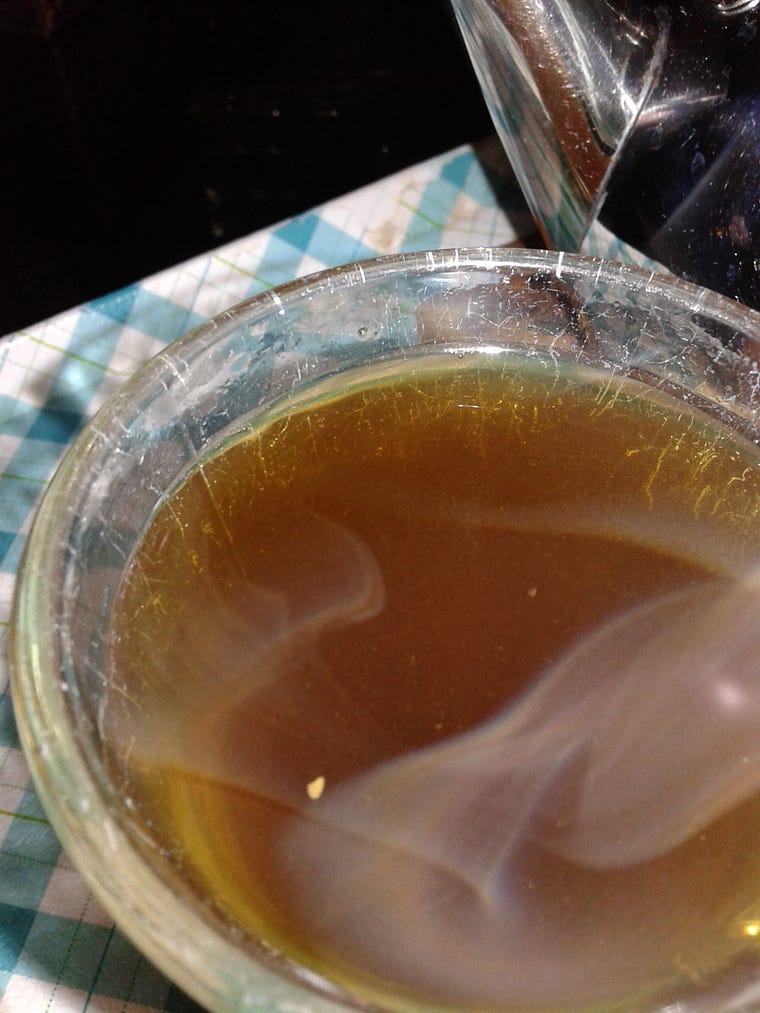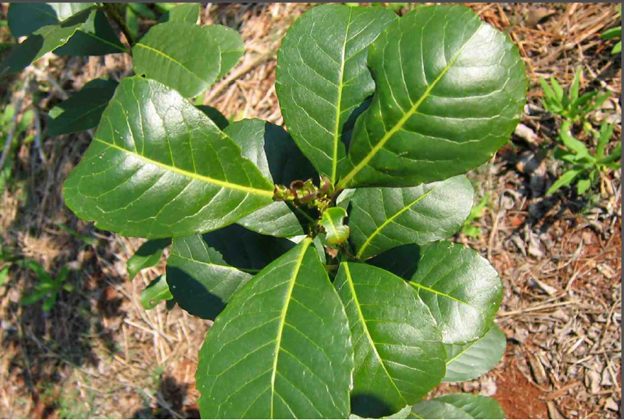What do say about a drink that has the strength of coffee, the health benefits of tea and the euphoria of chocolate all combined in one drink?
Seems strange a bit but there is such a drink that delivers all these benefits at once. It is Yerba Mate. But what is to begin with?
Yerba Mate is made from the leaves of the holly tree (Ilex paraguaraiensis) of South America rain forest. It contains 15 amino acids and 24 vitamins and minerals and a lot of antioxidants.
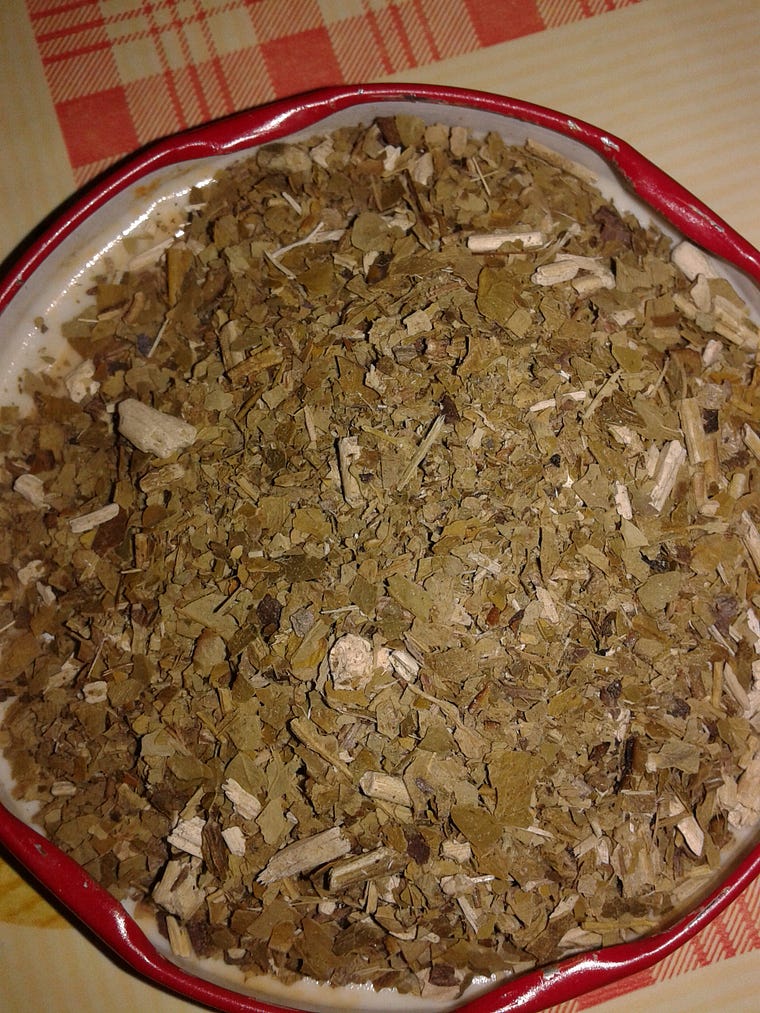
It also contains stimulants like caffeine, theophylline, and theobromine. But has a low content of tannins which makes it less bitter than tea.
It is considered the national drink of Argentina, Paraguay, Uruguay and Southern Brazil but also drank extensively in Syria and Lebanon.
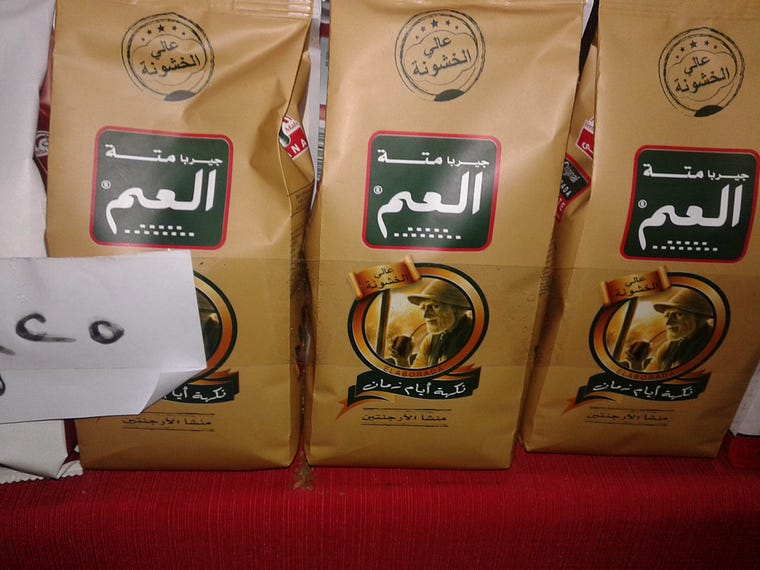
It is believed that yerba mate naturally provide mental and physical energy and enhances metabolism. It combines B-vitamins that play a role in relaxing muscles with the necessary minerals that are important to the nervous system.

What about yerba mate and weight loss?
Well yes and no. It is known that it aids digestion and raises metabolism which should help with losing weight but certainly it is not a substitute for a healthy and reasonable diet and exercise.
A 6 grams of loose yerba mate in 8 OZ of water will provide you with the following:
10 Calories.
6 mg of Niacin.
60 mg of Potassium
32 mg of Magnesium
0.3 mg of Zinc
60 mg of Caffeine
6.6 mg of Theobromine
It is claimed that some South American women substituted Yerba Mate for mother`s milk for hundreds of years without adverse effects.
It is a good alternative to coffee and tea. It comes in different kinds either pure leaves or with stems and sticks. It is invigorating effects are noticeable and you will get like it after a while. It awakens your mind and has flavonoids such as kaempferol, rutin, and quercetin.
The traditional way of preparation is to brew a tea from the dried leaves of the tree.
A 2005 study run at the University of Illinois showed that Yerba Mate contained “higher levels of antioxidants than green tea”. It has a high proportion of saponins which gives it its unique taste.
People usually drink it from the gourd where they add hot water to the half-filled gourd of pre-moistened leaves and sip it through the tea-straw.

I personally prepare it by putting the dried leaves in a small stainless gourd in a tea kettle and pour the hot water over it. I let it rest for 10 minutes then drink it.
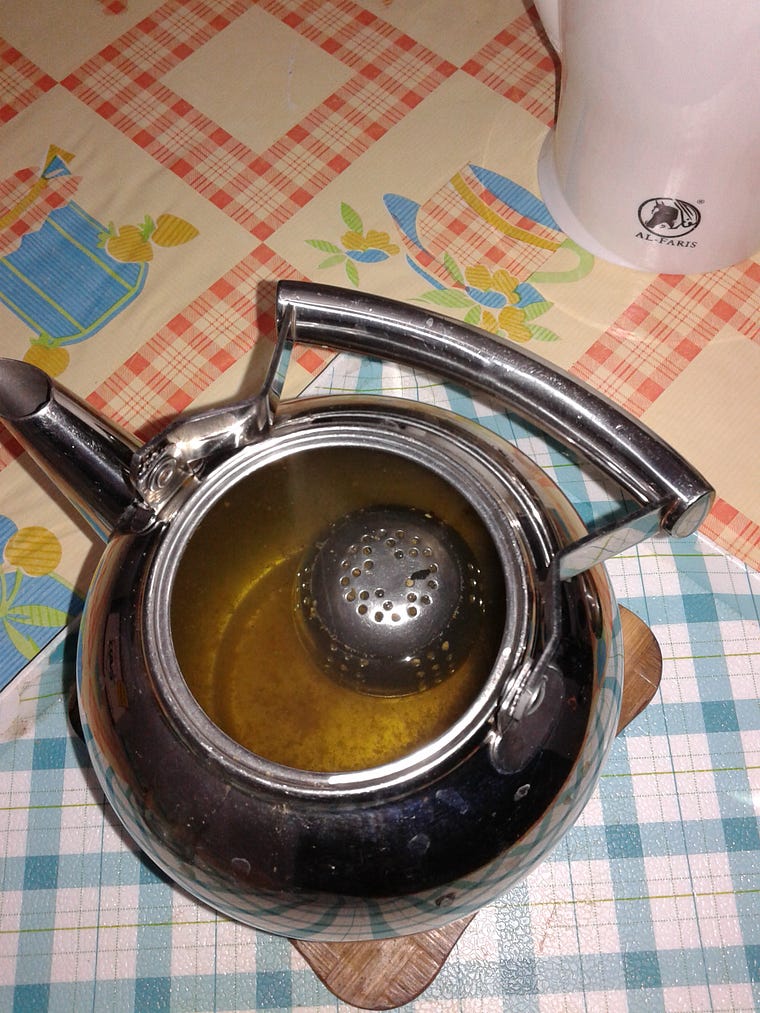
It has the look of muddy green tea and after the first sip you get used to the little bitterness since I don`t use any sweeteners to maximize its health benefits. I feel it keep bowel movement regular, a bit diuretic but really awakening.
So if you are looking for a substitute for coffee and tea I think Yerba Mate worth a try.
